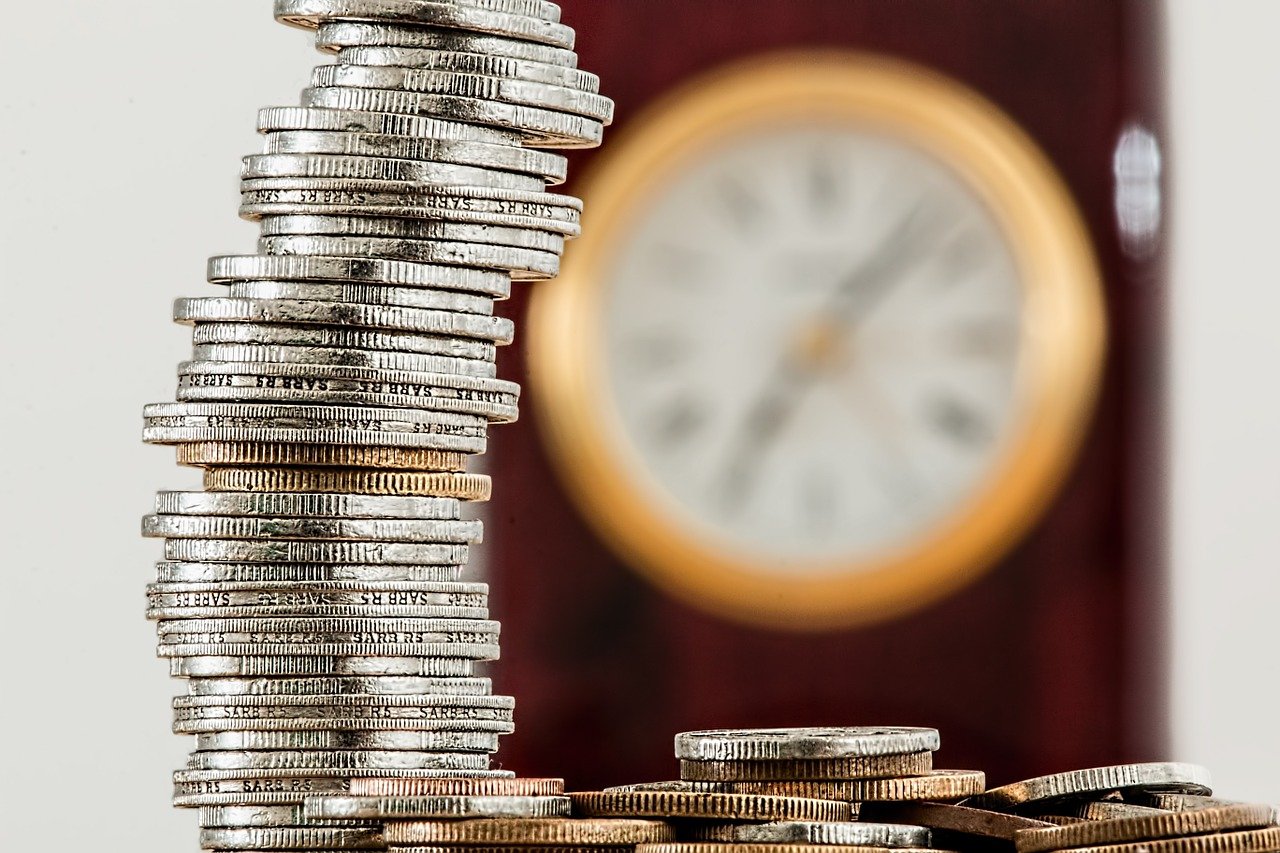Is it almost that time of the year again? I hope so because it’s almost time to get that tax refund and put in a new pool or in most cases… pay off medical bills. Assuming you are reading this article if you have Qualified Small Business Stock (QSBS) capital gains and if you do congratulations on your successful tax-free investment return. The QSBS gains are spurred from Section 1202, which allows an “exemption” or “exclusion” on up to 100% of the capital gains from the QSBS.
An exemption or exclusion on your taxes means that the income (i.e. capital gains) are not included in your adjusted gross income (i.e. taxable income). This means that the gains on your QSBS investment are not included in any calculation for tax unless the QSBS gains are above $10M or 10x your investment. If the gains are above the exclusion cap they will be taxed at your capital gains tax rate.
QSBS gains do not directly affect your tax refund because they are not included in taxes but could if they are above the exclusion cap. The fact that the QSBS gains are excluded from income does affect your refund because the gains do not increase the amount of tax that is owed. Investing in a qualifying QSBS and successfully exiting the business is not an easy task though. Refer to the below guidelines to make sure your investment qualifies:
- Entity structures that qualify for QSBS
- Size limit of a QSBS small business
- Qualifying QSBS industries
- Active business requirements
- Stock purchasing guidelines
- QSBS holding period
- QSBS gains excludable
- Reporting QSBS on your taxes
- QSBS exclusion for state taxes
- QSBS gain rollover
This article does not constitute legal or tax advice. Please consult with your legal or tax advisor with respect to your particular circumstance.

